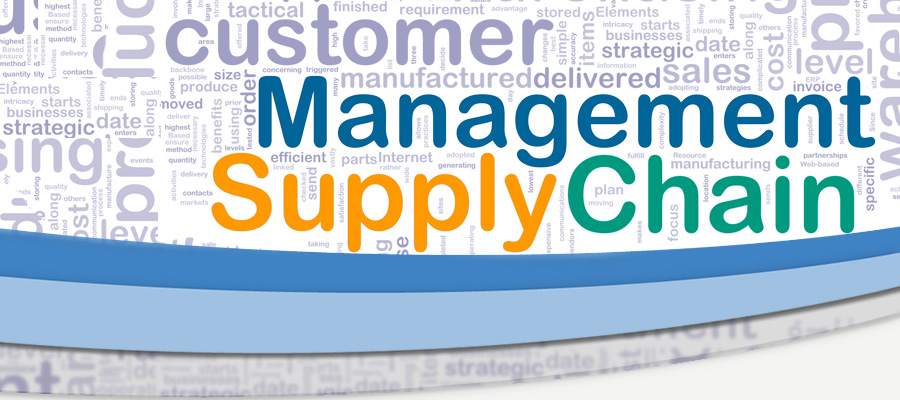
- Five building blocks of a data-driven culture
A single source of truth is a central, controlled and “blessed” source of data from which the whole company can draw. It is the master data. When you don’t have such data and staff can pull down seemingly the same metrics from different systems, inevitably those systems will produce different numbers. Then the arguments ensue. You get into a he-said-she-said scenario, each player drawing and defending their position with their version of the “truth.” Or (and more pernicious), some teams may unknowingly use stale, low-quality or otherwise incorrect data or metrics and make bad decisions, when they could have used a better source.
Also:
HiPPO, “highest paid person’s opinion,” a term coined by Avinash Kaushik, is the antithesis of data-drivenness. You all know them. They’re the expert with decades of experience. They don’t care what the data says, especially when it disagrees with their preconceived notions, and they are going to stick to their plan because they know best. And, besides, they’re the boss.
https://techcrunch.com/2017/06/23/five-building-blocks-of-a-data-driven-culture/?ncid=rss
- A Higher Minimum Wage Is Not Doing The Bad Things Critics Said It Would Do
Contrary to the simple supply-and-demand theory, higher minimum wages, Allegretto says, may end up saving companies money in the long run. “We know that turnover decreases when you increase minimum wages,” she says. “If companies invest more in their workers, the workers are going to be more satisfied. In industries like the restaurant industry, where the turnover rate is sometimes above 100% in a year, that’s a lot of money to spend on recruiting and training and re-recruiting constantly,” Allegretto says.
- Goal Setting Is a Hamster Wheel. Learn to Set Systems Instead
- What Makes a Good UX? Part III “Mission Control Dashboards”
You see, whereas static first generation dashboards give you useless (and I mean useless) reports (which, at best, show a stoplight indicator with no description or backup data that lulls you in to a false sense of complacency or urgency), a modern mission control dashboard replaces those static widgets with modern fully enabled GUI widgets that allow users to drill down, initiate, and execute relevant actions such as data retrieval, workflow kick-off, or collaborative corrective actions. They can embed “apps” and “portlets” and allow a user to get what they need, and where they need, in 3-clicks, without missing anything important. They are the customizeable interactive views that applications have been missing. But, again, this is only the case for truly modern dashboards. First generation dashboards still belong in the dung-heap. For a truly deep dive into what these are, what they can do, and how they are used, check out the Pro piece [membership required].
- There’s a war brewing in Japan, and the banks should pay attention
Now there is a similar war brewing in Japan. This time it is for mobile P2P payments. A few players are vying to become the Japanese equivalent of Venmo, a company founded eight years ago in the United States and now owned by PayPal. The local equivalents are Anypay, Kyash, LINE Pay and, to a certain extent, Yoropay. What makes this war particularly interesting is how similar it is to the news app war. So much so that Anypay was even founded by the former CEO of Gunosy, Shinji Kimura.
Photo: Alain Pham



